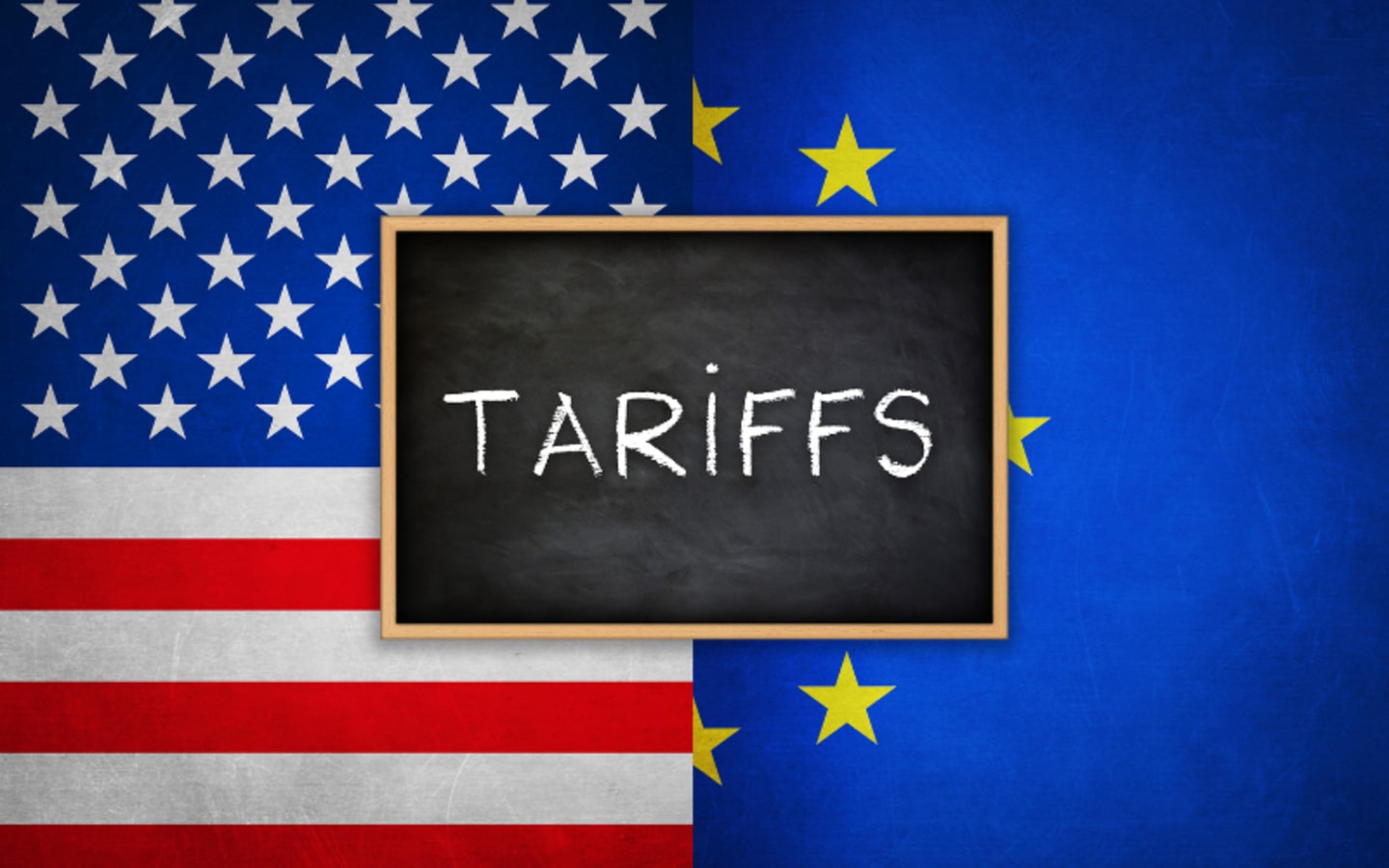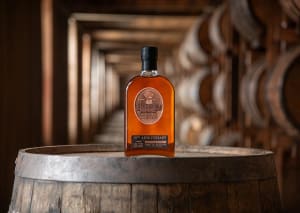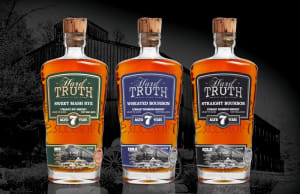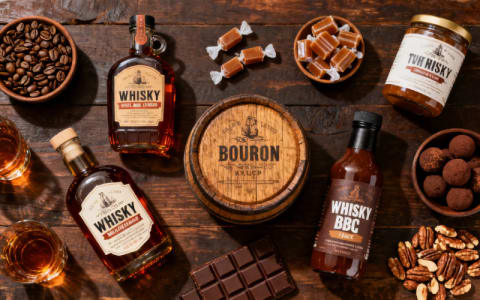In a surprising twist amid escalating global trade tensions, the European Union has decided to remove American bourbon and other U.S. whiskeys from its list of retaliatory tariffs. This decision comes as a relief to the drinks industry, which had been bracing for the fallout of a trade war sparked by former U.S. President Donald Trump’s recent duties on steel and aluminum. The move followed strong pushback from EU nations like Ireland, Italy, and France, whose own alcohol industries—think Irish whiskey, French wine, and Italian vintages—feared becoming collateral damage in a tit-for-tat economic battle.
The EU’s original plan was to slap tariffs on a wide range of American goods in response to Trump’s metal tariffs, which were announced just a month ago. A leaked draft list, first reported by Reuters, initially included bourbon and wine among the targets. That list outlined €26 billion worth of U.S. products facing potential 25% tariffs, everything from almonds and dental floss to yachts and steel parts. But after negotiations with its 27 member states and pressure from industry groups, the EU trimmed the target list down to €21 billion—and notably dropped bourbon and wine entirely. The final version of this list is set to be voted on by EU member states on Wednesday, marking a key moment in this unfolding trade saga.
The decision didn’t come without a fight. Countries like France, Italy, and Ireland lobbied hard to protect their own booze industries from what they saw as a risky escalation. Trump had caught wind of the EU’s initial threat to bourbon and fired back on March 13 via social media, threatening a whopping 200% tariff on wines, champagnes, and other alcoholic products from France and other EU nations. That warning sent shivers through Europe’s drinks sector. Ireland’s Foreign Minister Simon Harris publicly questioned the wisdom of targeting bourbon, calling it a questionable strategy. Meanwhile, French Prime Minister François Bayrou labeled the idea a “misstep,” reflecting France’s growing unease about the potential blow to its champagne and cognac exports.
France, in particular, had reason to worry. Its government has been pushing for a firm stance against U.S. tariffs, but not at the expense of its own industries. One champagne producer warned that a 200% U.S. tariff would spell “game over” for their American market—a market already strained by other trade disputes. Just last October, French cognac and brandy makers got hit with Chinese tariffs, a retaliation for the EU’s anti-dumping duties on Chinese electric vehicles. The last thing France needed was another front in the trade war targeting its iconic drinks.
Ireland, too, had a lot at stake. The country’s whiskey industry has boomed in recent years, with exports to the U.S. valued between €420 million and €450 million in 2024, according to Bia, Ireland’s national food and drink board. Big names like Jameson lead the charge, but the growth of craft distilleries—around 40 in the Republic of Ireland and another 10 in Northern Ireland—has fueled the sector’s rise. In 2023 alone, Ireland shipped 5.7 million cases of whiskey to the U.S., with bottles ranging from affordable $30 options to rare vintages like Midleton Very Rare Foret de Troncais, which can fetch nearly $5,000. A trade war threatening those exports—or the supply chain that supports them—could’ve been disastrous.
That supply chain is a big part of the story. Bourbon barrels play a surprising role in Irish whiskey production. Under U.S. rules, bourbon must be aged in new oak barrels, which are typically used just once or twice before being discarded. Those “virgin oak” barrels don’t go to waste, though—they’re sold to places like the UK and Ireland for around £300 each, where they’re reused to age whiskey. That process adds color and flavor to Irish whiskey, much of which ends up back on American shelves. A tariff war could’ve jacked up costs for those barrels, squeezing producers on both sides of the Atlantic.
This isn’t the first time bourbon’s been caught in the trade war crosshairs. Back in Trump’s first term, when he imposed steel and aluminum tariffs, the EU retaliated by targeting iconic American goods—Harley-Davidson motorcycles, blue jeans, and yes, bourbon. Jean-Claude Juncker, the European Commission president at the time, famously quipped, “We can also do stupid,” summing up the bloc’s approach to matching the U.S. blow for blow. That round of tariffs disrupted a transatlantic booze trade that had thrived since 1997, when the U.S. and EU slashed nearly all spirits tariffs. By 2018, before tariffs kicked in, that trade was worth €6.7 billion, a 450% jump over two decades, according to spiritsEurope, a major European trade group.
The drinks industry has watched these trade spats with growing alarm. In the U.S., Irish whiskey, French cognac, and Polish vodka enjoy protected status, meaning only those specific regions can produce them. Likewise, in the EU, only American-made whiskey can be sold as bourbon or Tennessee whiskey. A full-on tariff war could’ve unraveled decades of cooperation, hitting everyone from big brands to small craft outfits. Paul Nash, who runs Wild Atlantic Whiskey in County Tyrone, summed it up bluntly: “It’s not good for Europe, not good for Ireland. It’s not good for anybody.” He’s already dealing with 10% and 20% tariffs on UK and EU exports to the U.S., which went into effect on April 5 and April 9, respectively.
Northern Ireland’s whiskey makers face extra headaches. Brexit rules tie them to EU trade regulations, and many source their barley from the Republic of Ireland, complicating their costs under the new tariffs. Across the board, the industry’s frustration is palpable—trade wars over steel and aluminum shouldn’t dictate the fate of a bottle of bourbon or a glass of champagne.
The European Commission isn’t saying much about the bourbon reprieve. A spokesperson sidestepped questions, noting the list isn’t public yet. “We’re taking every step to ensure our measures do the least damage here in the EU while giving us the most leverage in negotiations,” they said. “We don’t want tariffs. We want to avoid them.” That’s the official line, but behind closed doors, the lobbying from Ireland, France, and Italy clearly tipped the scales.
For now, American bourbon—and the EU’s own drinks industries—have dodged a bullet. But with Trump’s trade war showing no signs of cooling off, this could be just a temporary ceasefire in a much bigger battle. The EU’s next moves, and the U.S. response, will keep the drinks world on edge. For whiskey sippers and wine lovers alike, the hope is that cooler heads prevail before the bar tab gets any higher.




